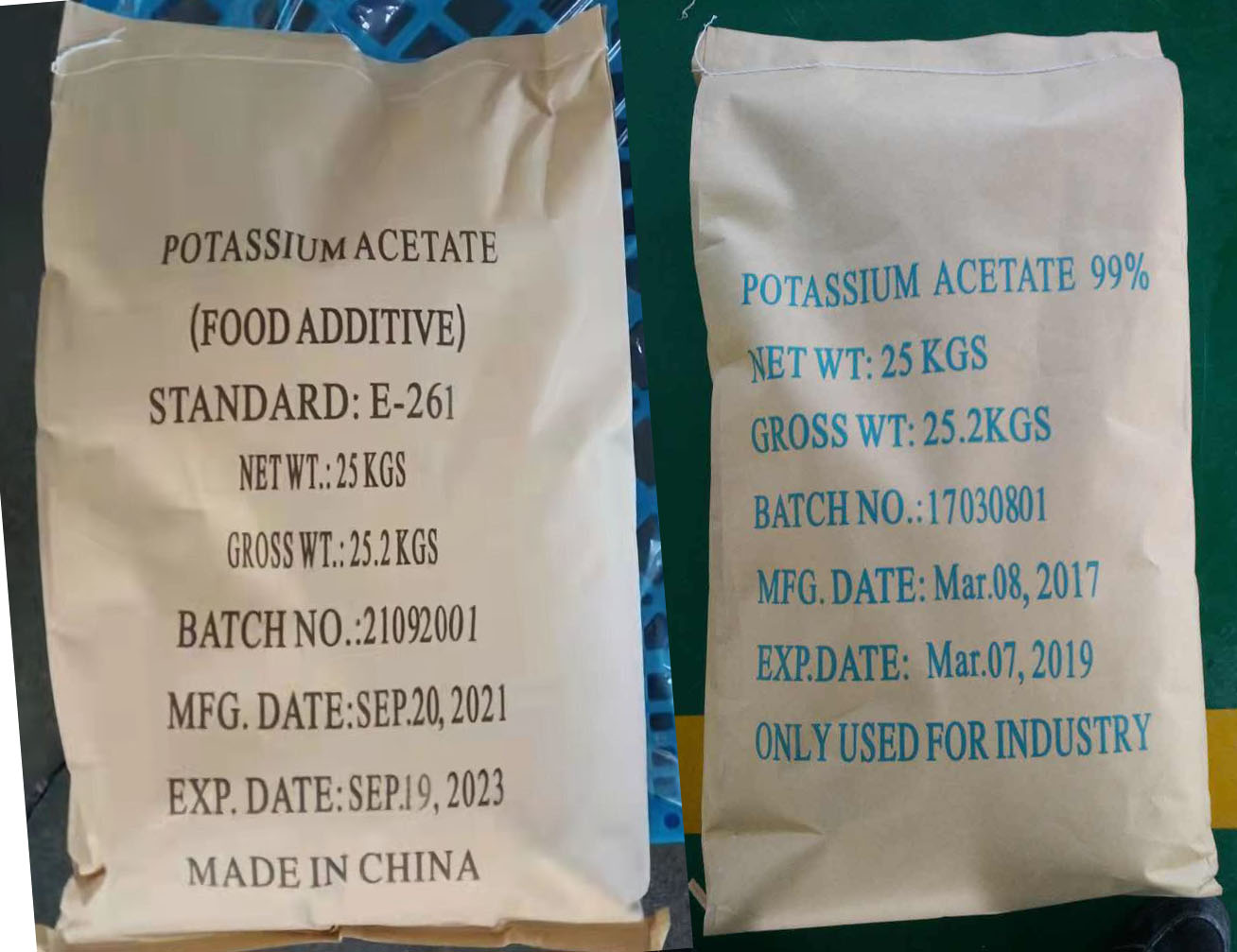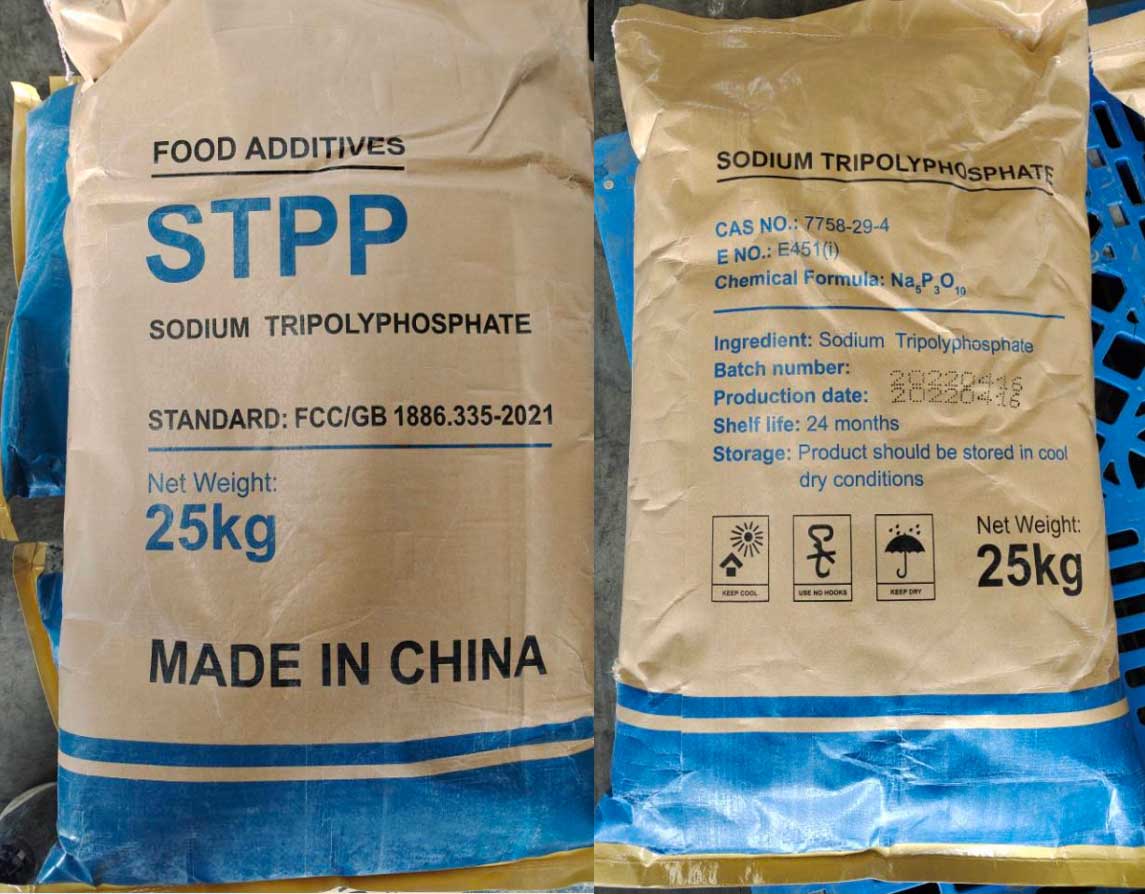Application of MKP (Monopotassium Phosphate) Fertilizer in Agriculture
Introduction to MKP Fertilizer
Monopotassium Phosphate (MKP), chemical formula KH₂PO₄, is a highly efficient source of phosphorus (P) and potassium (K), two essential macronutrients for plant growth. It contains 52% phosphorus (P₂O₅) and 34% potassium (K₂O), making it one of the most concentrated fertilizers available. Due to its high purity, MKP is widely used in fertigation, foliar spraying, and hydroponics, providing balanced nutrition to crops without adding nitrogen.
Benefits of MKP Fertilizer in Agriculture
High Nutrient Content: Supplies two major nutrients crucial for plant development — phosphorus for energy transfer and root development, and potassium for water regulation, enzyme activation, and fruit quality.
Chloride-Free: Safe for chloride-sensitive crops such as grapes, strawberries, and flowers.
Fully Water-Soluble: Easily dissolves in water, suitable for drip irrigation and foliar application.
Improves Crop Yield and Quality: Enhances flowering, fruiting, and improves resistance to stress and diseases.
Compatible with Other Fertilizers: Can be mixed with most fertilizers (except those containing calcium or magnesium).
Applications of MKP Fertilizer in Agriculture
1. Fertigation (Irrigation + Fertilizer)
Recommended Dosage:
Greenhouse crops: 0.5–1.5 g/L of irrigation water.
Open field crops: 10–25 kg/ha per application, depending on crop type and growth stage.
Purpose: Supports root establishment, vegetative growth, flowering, and fruit development. Provides balanced P and K throughout the growth cycle.
2. Foliar Spray
Recommended Dosage:
Concentration: 1.0%–1.5% (10–15 g MKP per liter of water).
Frequency: Every 10–15 days during critical growth periods such as pre-flowering and fruit set.
Purpose: Quick correction of phosphorus and potassium deficiencies, enhances stress tolerance, improves fruit set and size.
3. Hydroponics
Recommended Dosage:
Concentration depends on nutrient solution formulation, usually 50–100 ppm of phosphorus and potassium as part of the balanced mix.
Purpose: Provides clean, balanced nutrients for soilless cultivation, especially in high-value crops like tomatoes, cucumbers, lettuce.
4. Base Fertilizer (Less common but applicable)
Used in combination with nitrogen fertilizers for initial soil preparation when high phosphorus and potassium levels are needed.
Crops Suitable for MKP Application
Fruits: Grapes, citrus, apples, bananas, strawberries.
Vegetables: Tomatoes, cucumbers, peppers, leafy greens.
Field Crops: Corn, wheat, soybeans (especially during reproductive stages).
Flowers & Ornamentals: Roses, orchids, gerberas — improves flowering and color.
Industrial Crops: Cotton, tobacco — enhances quality and yield.
Usage Timing and Stages
Root Development Stage: Early application promotes strong root systems.
Flowering Stage: Supports flower formation, reduces flower drop.
Fruit Set and Maturity: Improves fruit size, sugar content, and color.
Stress Periods: Helps plants cope with drought, salinity, and disease.
Precautions for Use
Avoid mixing MKP with calcium and magnesium fertilizers in the same solution to prevent precipitation.
Do not exceed recommended concentrations to avoid leaf burn in foliar sprays.
Ensure uniform application for best results.
Conclusion
MKP is a premium chloride-free, water-soluble fertilizer ideal for a wide range of crops and agricultural practices. Its balanced phosphorus and potassium content makes it indispensable for achieving high yields and quality, particularly during critical growth stages such as flowering and fruiting. By incorporating MKP into fertigation or foliar programs, farmers can ensure optimal nutrient supply, resulting in healthier crops and better economic returns.




